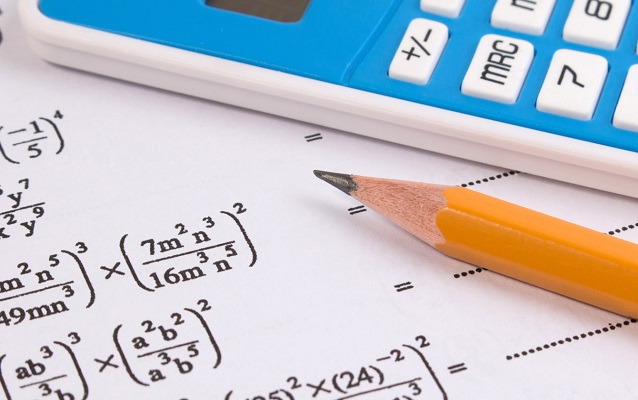Creating a compelling consider arrange utilizing IB Math past papers can altogether improve your planning for exams. These past papers offer priceless experiences in the exam arrangement, address sorts, and repeat subjects. Here’s a step-by-step direct to help you structure your consider arrange effectively.
1. Evaluate Your Current Level
Begin by assessing your current understanding of . Distinguish the zones where you feel sure and those where you require advancement. Investigating past papers can help in this appraisal, as you can recognize which sorts of questions you battle with or discover easily.
2. Accumulate Resources
Collect a comprehensive set of ib math past paper. Guarantee you have papers from different a long time to get a wide see of the sorts of questions that frequently show up. Moreover, assemble stamping plans and analyst reports, which can give knowledge into what inspectors are looking for in your answers.
3. Set Clear Goals
Define objectives for each think-about session. For occurrence, you might point to a total and audit one paper per week or center on specific subjects each week. Objectives may moreover incorporate acing certain address sorts or moving forward your time administration skills.

4. Make a Consider Schedule
Design a detailed study plan that diagrams when and what you will study. Distribute time for working through past papers and checking on your answers. For occasion, you might devote Mondays to completing a past paper and Wednesdays to investigating your execution and tending to weaknesses.
5. Work Through Past Papers Strategically
Start by working through past papers beneath coordinated conditions to recreate exam conditions. This makes a difference you hone overseeing your time and taking care of exam weight. After completing each paper, survey your answers utilizing the stamping conspire to get it your mistakes and zones for improvement.
6. Recognize Designs and Center Areas
As you work through past papers, note any repeating address sorts or subjects. If certain themes regularly show up, make sure to spend additional time looking into these zones. Center on aging these high-frequency subjects as they are likely to be critical in your upcoming exams.
7. Audit and Reflect
Regularly survey your past paper execution to track your advance. Reflect on the mistakes you’ve made and look for to get it why you made them. This reflection will direct your future consideration sessions and help you maintain a strategic distance from rehashing the same errors.
8. Consolidate Other Study Methods
While past papers are pivotal, complement your ponder arrangement with other assets such as course readings, online instructional exercises, and study groups. This all-encompassing approach guarantees that you cover all viewpoints of the syllabus and strengthen your understanding through different methods.
9. Practice Under Exam Conditions
Simulate full exam conditions by taking a total past paper in one sitting without any intrusions. This practice makes a difference in constructing continuance and recognition with the exam arrangement. It too allows refining your exam technique and time management.
10. Look for Feedback
If conceivable, get input on your answers from teachers or peers. Their bits of knowledge can give extra points of view on zones where you might require change and help you alter your study arrangement in like manner.






















